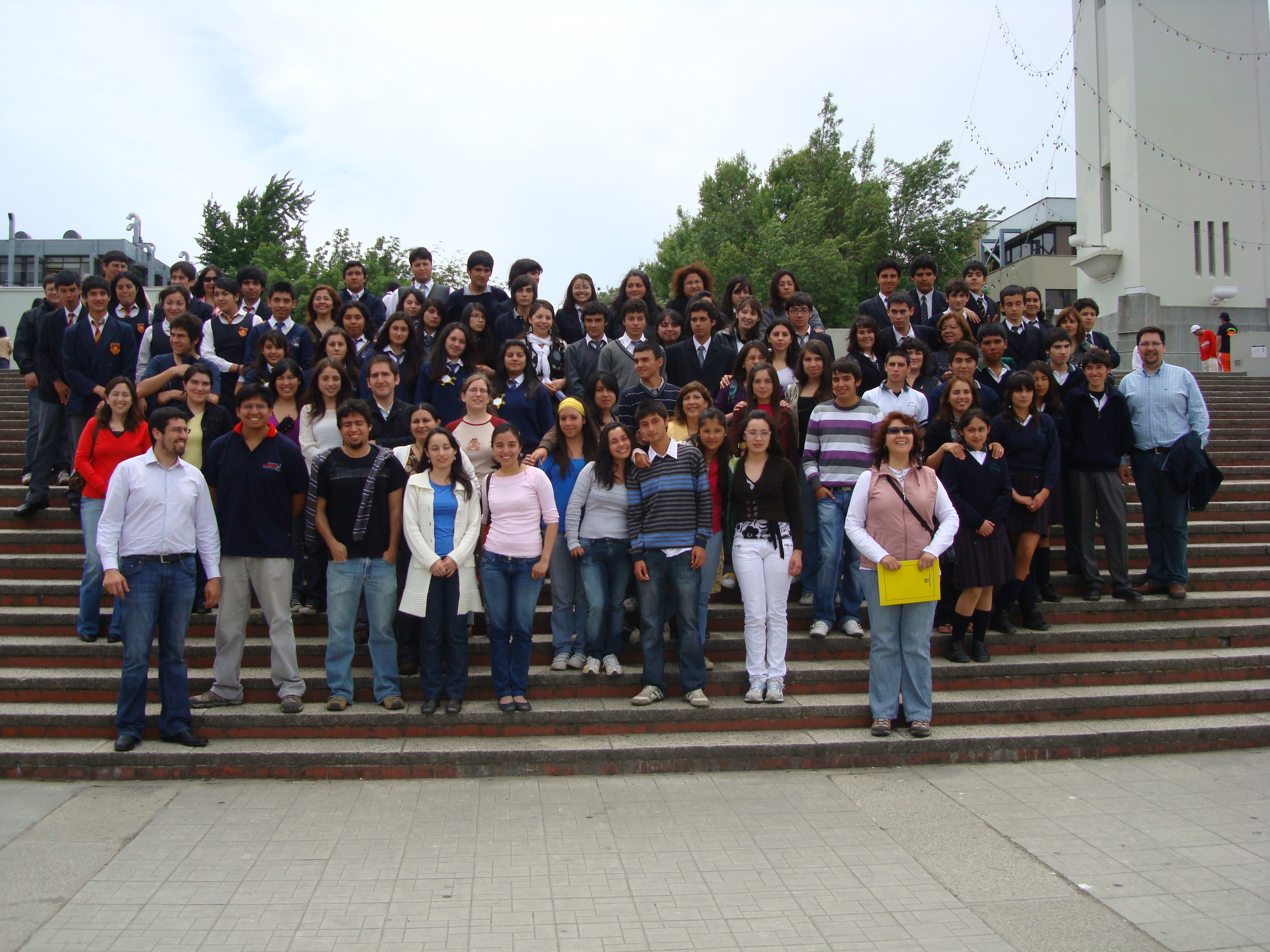Cancer's Molecular Dynamics Laboratory (CMDL)
The laboratory combines molecular biology, analysis of molecular dynamics, and bioinformatics methodologies for the design, analysis, and techniques for the validation of the biological hypotheses.
About the Laboratory
With an interdisciplinary approach, our team has developed research on the molecular dynamics processes connected to cancer. This work includes data analysis using sophisticated multi-omics characteristic classification methods, software development for molecular design applications, molecular characterization in biomarker cell lines, and the proliferation of tumor cells in relation to their microenvironment. The Laboratory of Molecular Dynamics in Cancer is a group with more than ten years of combined experience, technical staff, twelve postgraduate theses, and numerous national and international collaborations.
Located in Edificio del Arco second floor of the Department of Pharmacology of the University of Concepción, Chile.
The following research areas are being investigated in the lab at the moment:
- Relationship of rare diseases with cancer and its hereditary component with a focus on receptor kinases.
- Role of heterogeneity in regional adaptation and progression of cancer in the context of the tumor microenvironment with a focus on transporter proteins.
- Bacteria and Cell Communication in cancer framework.
- Development of nanomedicines and therapeutic strategies at the subcellular level for the diagnosis and treatment of cancer with a focus on receptor kinases and transporters.

You'll find more information, courses and scripts by visiting our Github page!
Postgraduate Thesis
Postgraduate Thesis developed in the laboratory: Nanocell Thesis at UdeC
Why the name Nanocell?
The first project awarded by Dr. Alexis Salas in 2009 was an explora - outresearch - called: "Nanocell: A trip inside the cell in 80ms", this project consisted of teaching the molecular biology involved in high-risk diseases prevalence in Chile.
